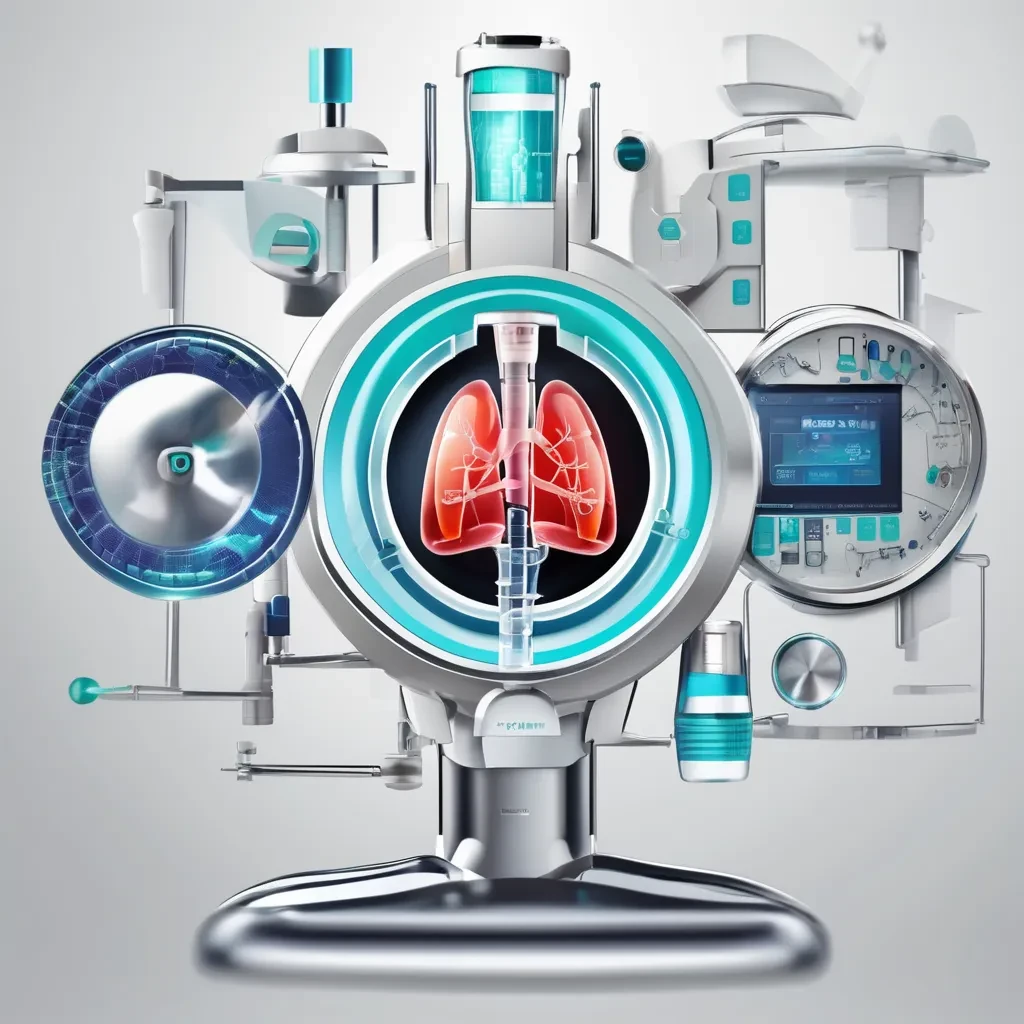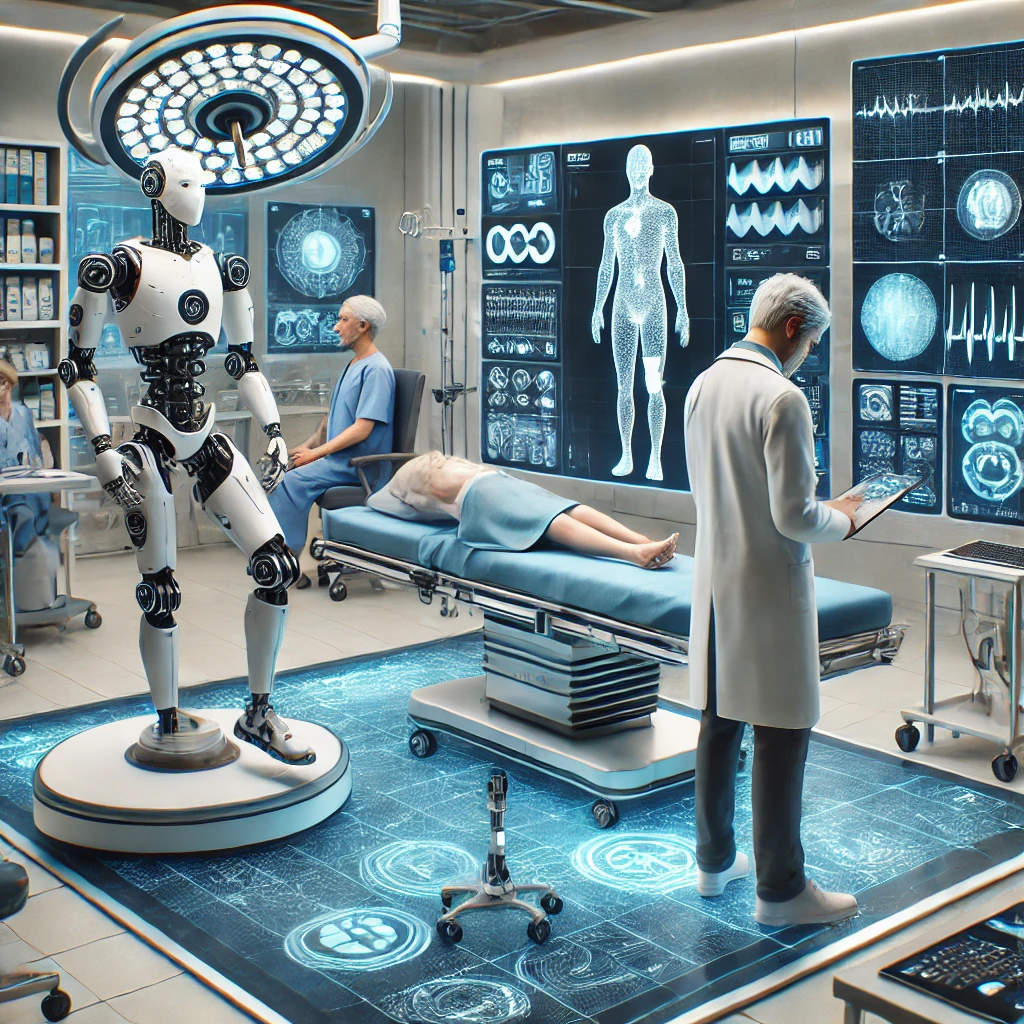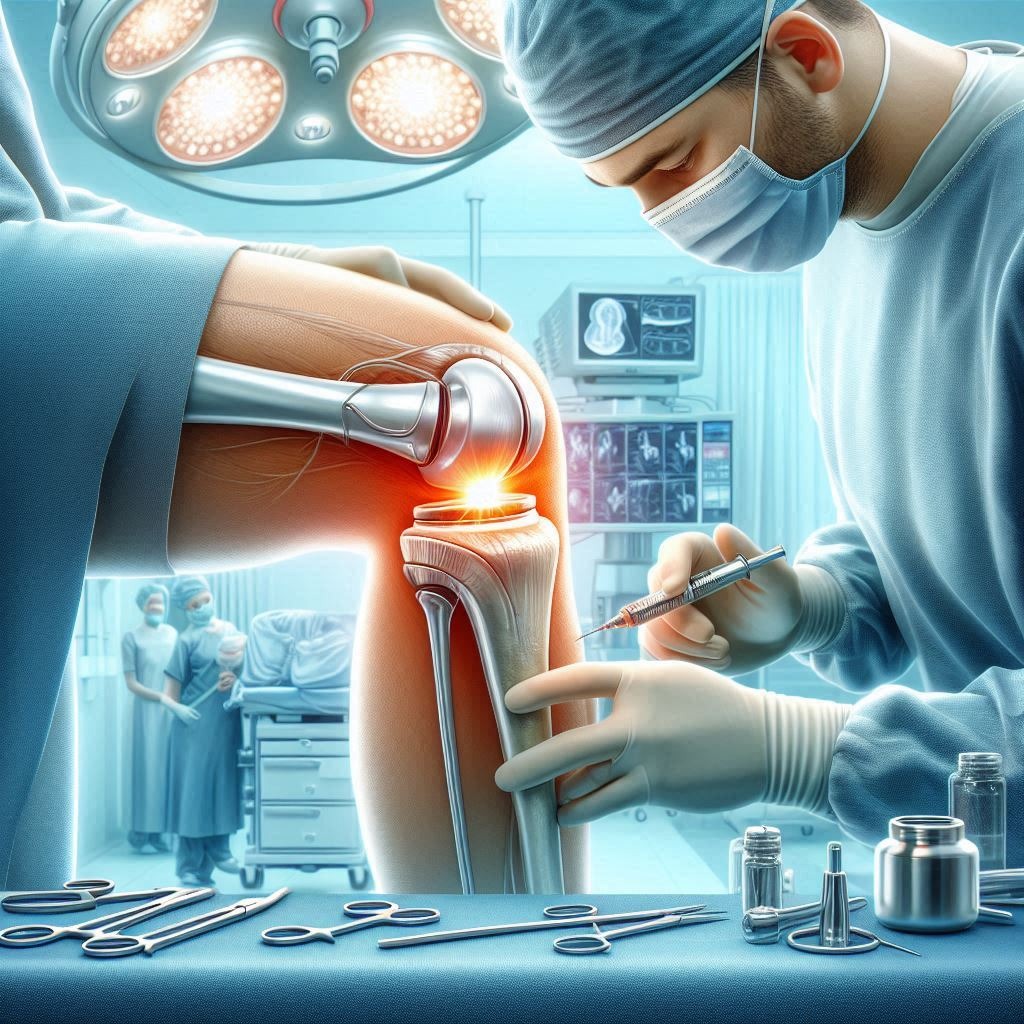
The Role of Medical Equipment in Enhancing Patient Outcomes
 Update date: 30/01/2025
Update date: 30/01/2025
Medical equipment plays a critical role in improving patient outcomes across various healthcare settings. From diagnostic tools to therapeutic devices, advancements in medical technology have revolutionized patient care. In this article, we will explore how modern medical equipment contributes to enhancing the overall health of patients and improving clinical results.
Diagnostic Equipment: Precision and Early Detection
One of the most significant contributions of medical equipment is its ability to assist in accurate and timely diagnosis. Tools such as MRI machines, CT scanners, and X-ray devices allow healthcare providers to visualize internal structures with unparalleled precision. Early detection of diseases like cancer, heart conditions, and neurological disorders significantly increases the likelihood of successful treatment, thereby improving the patient’s prognosis.
Therapeutic Devices: Targeted Treatment and Recovery
Therapeutic equipment, including ventilators, dialysis machines, and infusion pumps, directly influences the patient’s recovery process. For example, ventilators support patients who are unable to breathe on their own, providing life-saving assistance until they recover. Dialysis machines help patients with kidney failure maintain proper fluid and electrolyte balance, saving their lives while awaiting a transplant. These devices not only improve the quality of care but also contribute to faster and more effective recovery.
Monitoring Equipment: Continuous Care and Early Intervention
Continuous monitoring equipment like ECG machines, pulse oximeters, and blood pressure monitors allow healthcare providers to keep
4o mini
Your email address will not be published. Required fields are marked *





